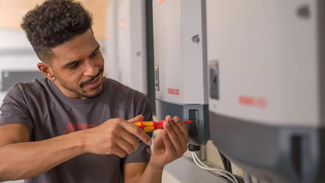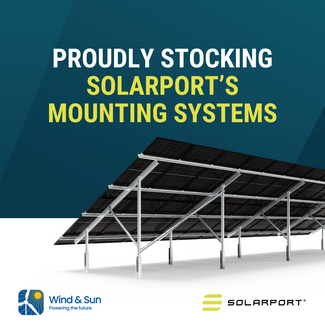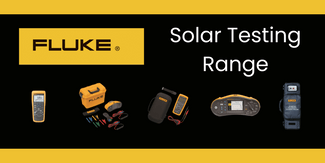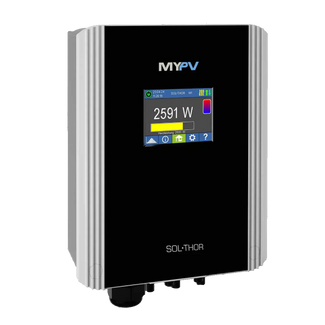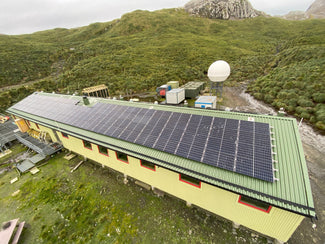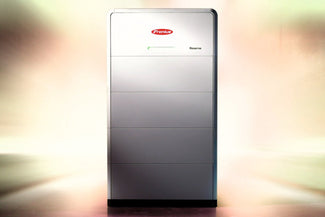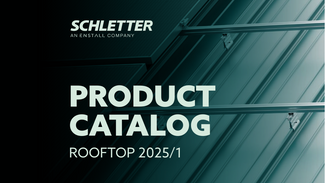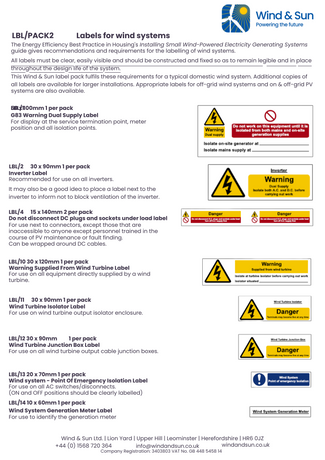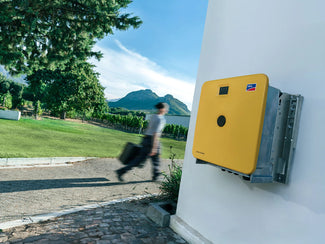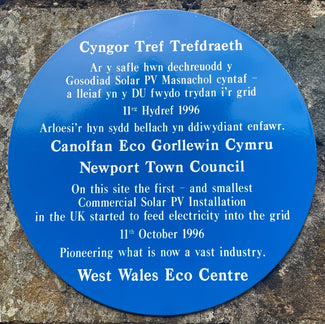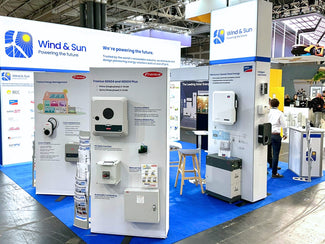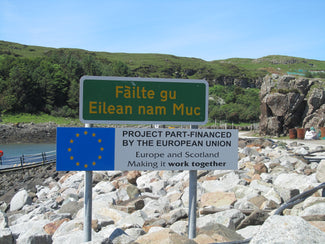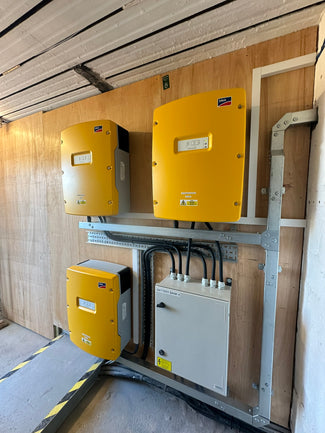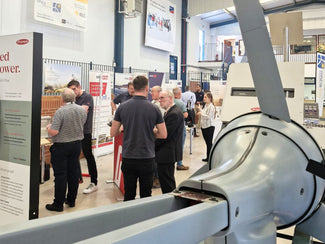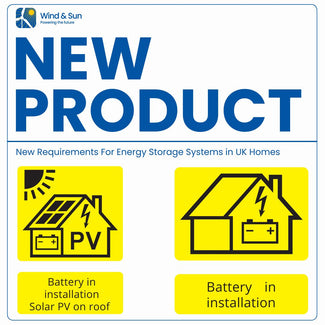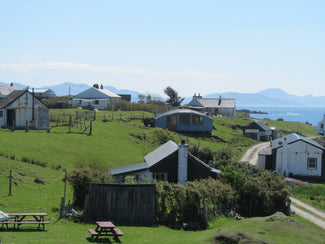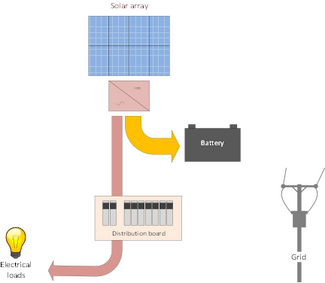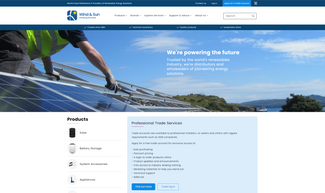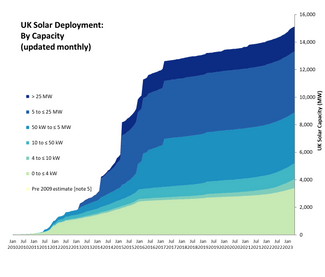The Solar PV Panel Supply Chain

More and more customers are requesting information regarding the manufacture of solar panels in order to understand the origins of the production and raw material supply and to ensure that they are free from forced labour.
Data confirming where each component of the panel was sourced from, and from which company, including but not limited to:
- Polysilicon
- Ingot
- Wafer
- Cell
- Module
Recent reports have raised the concern that many UK solar projects and some of the world’s biggest solar companies use silicon that originates in China’s oppressed Xinjiang region, with a high possibility that forced labour has been used in its production.
Wind & Sun choose our suppliers carefully and expect that our suppliers will in turn hold their own suppliers to the same standards.
See Sheffield Hallam University report: In Broad Daylight
REC REC have completed an initial review of all suppliers and there is no use of any polysilicon or other material from XUAR in REC's supply chain See: REC Statement
REC has been awarded the prestigious EcoVadis Silver Medal for its environmental, social, and governance (ESG) practices.
EcoVadis, is a trusted provider of business sustainability ratings and evaluates companies based on their performance on 21 sustainability criteria across four core themes: Environment, Labor & Human Rights, Ethics, and Sustainable Procurement. REC Group excelled in particular in the themes Environment and Labor & Human Rights, showcasing its commitment to sustainable practices and responsible business conduct. The ratings provide an evidence-based analysis on performance and an actionable roadmap for continuous improvement.
Meyer Burger Meyer Burger are a Swiss company, manufacturing in Germany and source their raw materials from Europe where possible, such as Wacker, Norwegian Crystals and Norsun. They further state that the balance of their polysilicon comes from South Korea.
Meyer Burger has signed a binding supply agreement for silicon wafers with the Norwegian manufacturer Norwegian Crystals. The polysilicon used to manufacture the wafers is of European and U.S. origin. Due to Meyer Burger’s proprietary heterojunction/SmartWire technology used in solar cell and solar module production, the wafers can be thinner than those used in mainstream products. As a result, and due to the primary energy used for the production of the polysilicon and silicon monocrystals (e.g. hydroelectric power from Norway), the European wafers have a particularly low carbon footprint and Meyer Burger’s solar modules now aim to set a new benchmark.


Solar Stewardship Initiative

Solar Energy UK (SEUK), working with its European counterpart, SolarPower Europe, and other international trade bodies co-initiated a solar supply chain sustainability assurance scheme, the Solar Stewardship Initiative (SSI). As part of the SSI’s ESG Standard, solar manufacturing sites are audited by independent third-party assessment bodies on governance and business ethics; environment; and human and labour rights and other Environmental, Social, and Governance (ESG) requirements.
However, membership of the SSI does not come with onerous conditions. SSI members in manufacturing are required to arrange independent assessment of at least two sites against the SSI’s ESG standard within 12 months of joining the SSI. **SSI certification applies to sites, not companies. So, a company could have a majority of uncertified sites, but still be included within the SSI membership ** (House of Lords & House of Commons Joint Committee on Human Rights: Forced Labour in UK Supply Chains Sixth Report of Session 2024–25)
On March 10th, 2024, the Coalition to End Forced Labour in the Uyghur Region, issued a statement condemning the SSI for failing to require its members to disengage from any business relationships in the Uyghur Region (the Xinjiang province). Sheffield Hallam University, Anti-Slavery International and the Investor Alliance for Human Rights similarly concluded in their Investor Guidance that SSI fails to function effectively as a tool for the solar sector to address the industry’s exposure to Uyghur forced labour.
SSI participants are free to operate other facilities which do comply with the SSI ESG standard, a code of conduct which includes basic environmental, social, and governance principles such as “freely chosen employment”. The SSI ESG code stipulates that SSI members are required to certify at least two of the member’s sites to be able to join SSI as members. That means that an SSI member can choose to certify some facilities by SSI and keep others – more problematic where assessment is not possible – outside the SSI system.
”several manufacturer members of the SSI are companies that have been alleged in reports to have a high risk of exposure to the Uyghur Region and forced labour”.



